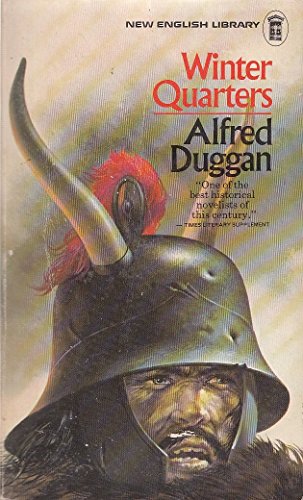



In 1935 helped excavate Constantine's palace in Istanbul.ĭuggan came to writing fiction quite late in his life: his first novel about the First Crusade, Knight in Armour, was published in 1950, after which he published at least a book every year until his death in 1964. After Oxford, he travelled extensively through Greece and Turkey, visiting almost all the sites later mentioned in his books.

Historian, archaeologist and novelist Alfred Duggan wrote historical fiction and non-fiction about a wide range of subjects, in places and times as diverse as Julius Caesar's Rome and the Medieval Europe of Thomas Becket.Īlthough he was born in Argentina, Duggan grew up in England, and was educated at Eton and Balliol College, Oxford. 'There have been few historical imaginations better informed or more gifted than Alfred Duggan's' The New Criterion "synopsis" may belong to another edition of this title. There is no denying the coherence and lucidity of his account' Times Literary Supplement 'He is a true artist, creating and composing from a disciplined imagination. and brings to life a whole remote age, which we accept, miracles and all.' Evening Standard 'Before Alfred Duggan wrote this novel Edward the Confessor was probably the dimmest of English kings. But his greatest contribution was his unswerving belief that England needed a Norman rule to unify the country. He is remembered for the splendid foundation of Westminster. St Edward is unwrapped from the shroud of ignorance that has enveloped him, and is presented as a credible human being: a saint, but one whose unworldliness gave him extraordinary political foresight. He thinks in English, speaks in French and writes in Latin, but Duggan does our share of the work and the fog is dissipated. The story is told by the royal chamberlain. In The Cunning of the Dove, this masterly author chooses Edward the Confessor as his hero. Alfred Duggan's Saxon novels have a special cachet.


 0 kommentar(er)
0 kommentar(er)
